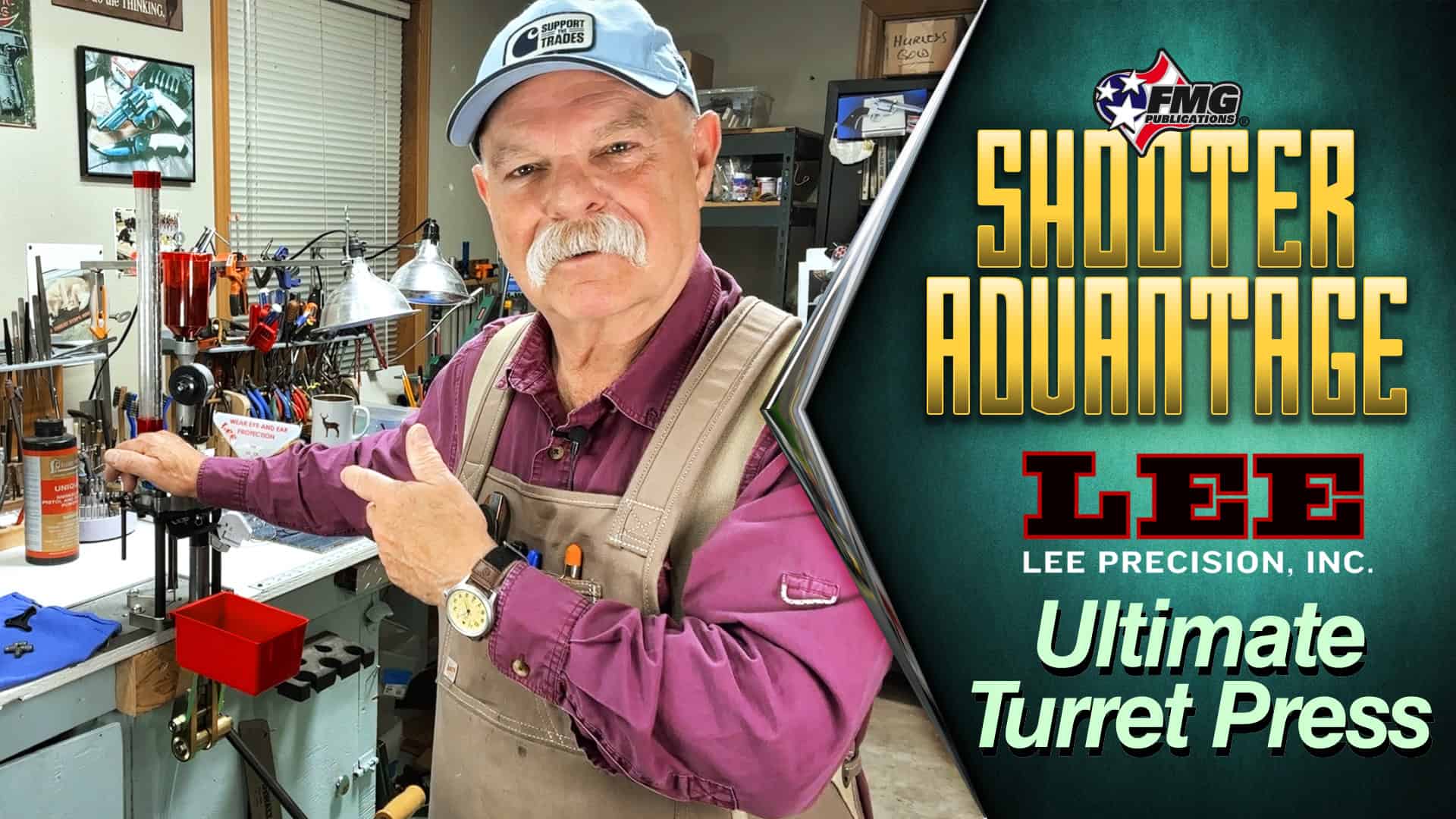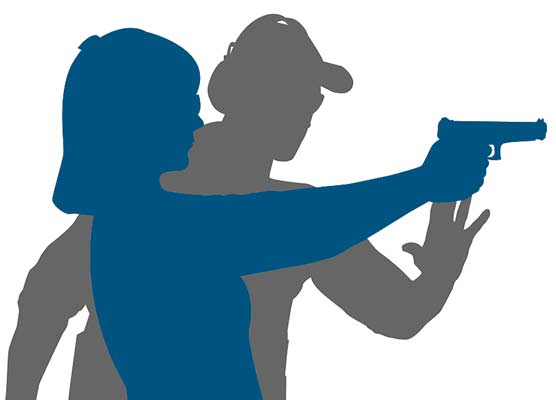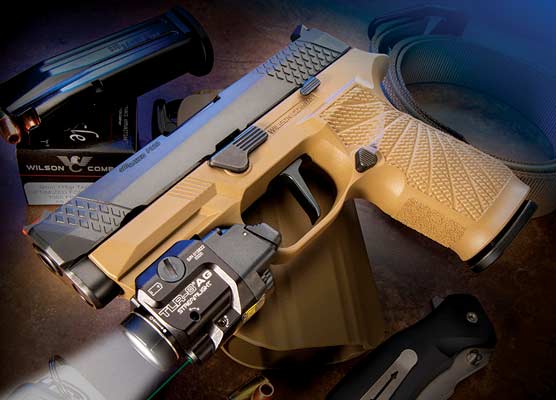Discover | Training Tips |
1
By Jeremy D. Clough
Defensive shooting is more focused on what doesn’t happen to you than on what happens to your attacker. The other person getting shot is not how we define success — that’s not the goal. Shooting with that as the sole end in mind is “offensive” and not “defensive” in nature. The purpose of defensive shooting is to avoid the serious bodily harm someone is trying to inflict on you or those around you. Avoiding that harm is the only thing justifying shooting another human being and removes it from the realm of murder.
“Winning” an armed confrontation is defined as survival, whether or not the other person is even hit at all. By this definition, you win every gunfight you’re not in. Ego and pride might suggest otherwise, but those emotions tend to send people to prison or the morgue. Sometimes wisdom is knowing when to walk on the other side of the street, or when to say “check, please” and slip out the back door.
I’m not suggesting you should avoid acting in self-defense at all costs, or run while others get hurt. When to intervene is a complicated calculus beyond the scope of what we’re talking about here. But the fine art of de-escalation and avoidance saves lives, yours included, and is often overlooked. There are many reasons to consider this option and things like morality, legality and pragmatism are part of the formula.
Whether your view of humanity is shaped by the Judeo-Christian belief man is created by God, or by secular philosophy, there’s no question human life has inherent value. The Declaration of the Rights of Man by the UN, or the concept of crimes against humanity, or the fact those who argue against religion usually self-identify as “humanists” all imply there is something special about human life. It deserves to be protected, which is why we’re allowed to defend it, even with lethal force. Yet, even when killing is wholly justified, it often comes at deep personal cost to the one who does it.
I do not know anyone who’s had to take a human life who does not still struggle with it in some way. At the same time, none of them would go back and trade their own lives for those of the men who forced them to take theirs.
Legally, Mas Ayoob has done an excellent job of pointing out the consequences of shooting someone. Since murder has very few defenses other than self-defense, simply saying you acted in self-defense to the officer standing over the man you shot isn’t likely to carry a lot of weight. You should plan on going to jail right then, no matter what happens later. The investigation to determine what happens to you will turn on whether or not you had to shoot. What you did, or could have done, to avoid the shooting, will be a critical part of that.
While we often use the word “justified,” the better question law enforcement and juries tend to focus on is “was it necessary.” If you could have avoided it — meaning, if it wasn’t necessary — there’s a good chance you’re standing trial for murder. Even if you win, there’s a tremendous personal and financial cost. Acquitted or not, no one wants to be George Zimmerman.
Losing, of course, means loss of your liberty and, in rare circumstances, your life.
In addition to the moral and legal baggage, there are hard, practical realities in why you should avoid an armed confrontation if possible. Simply put — you may lose. While armed citizens have a great overall track record, there are never any guarantees, and reading the fact patterns of capital murder cases shows a lot of murder victims who died trying to defend themselves.
Defensive shooting means you’re coming from behind in a fight someone else started. Most criminals will not attack someone unless they feel they already have the advantage of numbers, surprise or whatever. While willing to be part of a shooting — they’re not interested in being in a gunfight. By the time it turns into a fight, you may very well already be hurt and therefore less capable. Your gun may jam, which happens surprisingly often in shootings. You may miss; also very common. Your bullet may not perform as you expect. Your assailant may be on drugs and unable to realize how badly they’re hurt. There may be several suspects and one may be in ambush behind you before who you think is the primary attacker even approaches you. A thousand things can go wrong, and it only takes one to turn the cards against you.
Once you’re forced to act, all these realities have to be faced and overcome to survive. Jammed guns have to be cleared, multiple hits have to be delivered and maybe multiple attackers addressed. All of these are part of the critical skill set of defensive shooting, and when the flag well and truly goes up, there is absolutely no time for second-guessing or hesitation. At that moment it’s a physics problem, not a moral or legal one.
But if you could have walked away, you would have won at much lower cost.
Read More Tactics & Training Articles

Purchase A PDF Download Of The American Handgunner Nov/Dec 2014 Issue Now!


